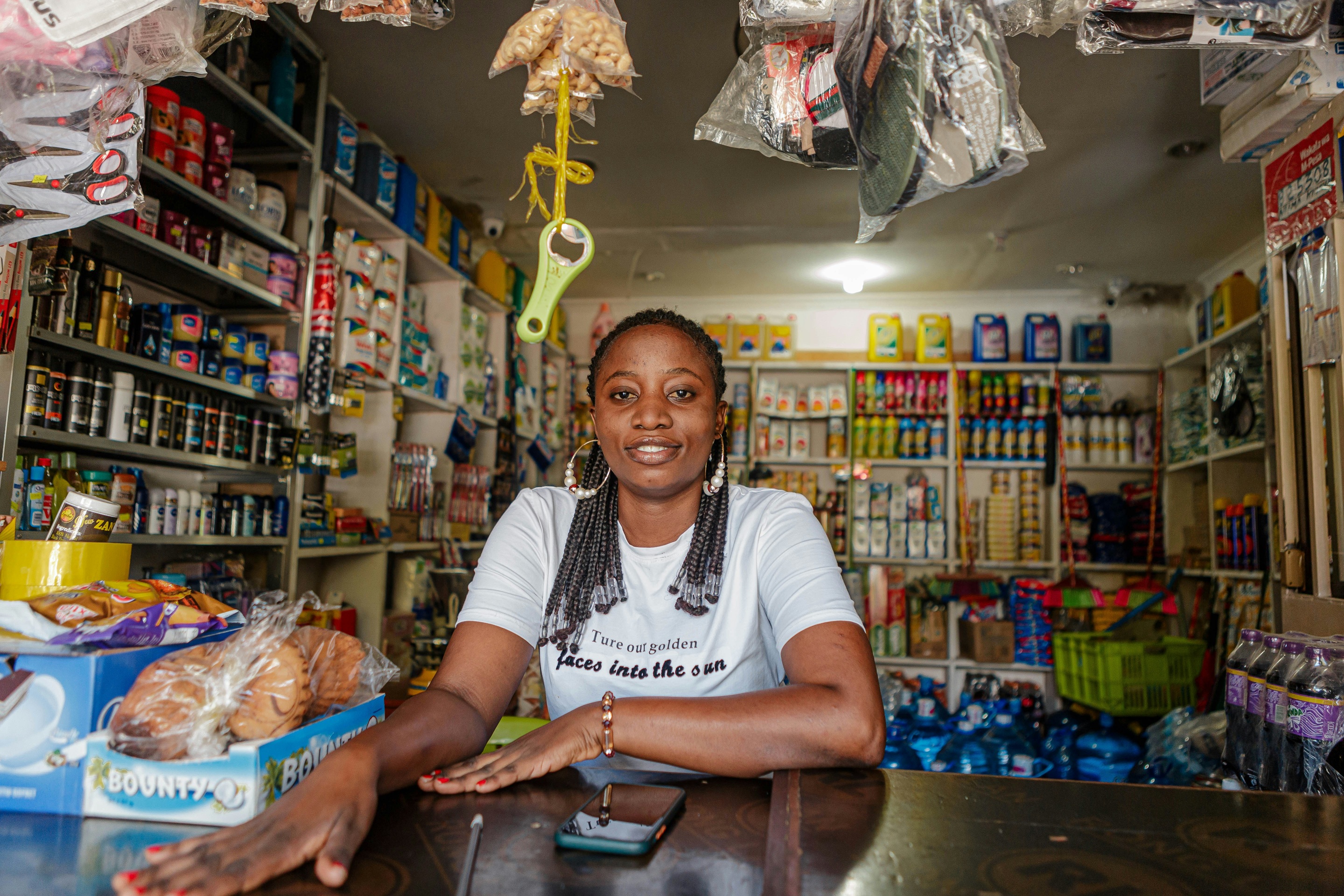
Attitude
Represents the overall mindset and confidence of entrepreneurs in Uganda. A high score indicates strong optimism, resilience, and positive outlooks towards business success.
Key Highlights
The high score for attitudes suggests that Ugandan entrepreneurs have a positive mindset and perception towards entrepreneurship. They likely view entrepreneurship as a viable career option and are willing to take risks to start and grow their businesses. This suggests that there is a positive environment for entrepreneurship which potentially offers growth opportunities for the sector. Qualitative insights suggest that MSMEs are motivated to start businesses due to lack of employment, desire for independence and growth, passion, and to serve their communities.
I started this business because I didn’t have a job. It was the only business I could do at that time and secondly, one could do it from anywhere.
Female, youth, micro business in, urban, Bukomansimbi district
Entrepreneurship and investment are widely accepted and practiced within families in Uganda, contributing to the entrepreneurship index in the country, with 74% of the business owners saying yes
When asked about the extent to which respondents believed they are a confident person, most business owners in the study expressed a strong overall perception of self-confidence in one capacity or another, with 82.3% saying they very much believe they are confident.
There is a strong overall confidence in management skills among business owners, with nearly 80% saying they are ‘very confident’ their businesses have appropriate skills to manage the business.
Business attitudes across age groups, gender and PWD Status
On whether investing in business is a common family practice, around 3 out of 4 people (74-78%) said investing is a common practice in their family. This holds relatively consistent across age groups, genders and PWD status. The percentage saying yes to investing increases slightly with age, peaking at 78% for 61+. Those with a PWD are a bit more likely to say investing is common in their family compared to those without a PWD (78% vs 74%). A significant majority reported that investing in business is common in their families, especially among older age groups (51-60 and 61+).
The overwhelming majority (around 82%) very much believed in their own confidence. While fairly consistent across all age groups, genders and PWD statuses, self-‘confidence trends upwards slightly with age. Gender and PWD status show no meaningful differences in levels of belief in one’s confidence.
Across all three questions, on attitudes, entrepreneurs express high levels of management skill confidence, commonality of family investing, and belief in their own confidence. Age appears to be the demographic factor with the greatest, though still modest, impact on these entrepreneurial attributes. Gender and PWD have minimal effect overall
